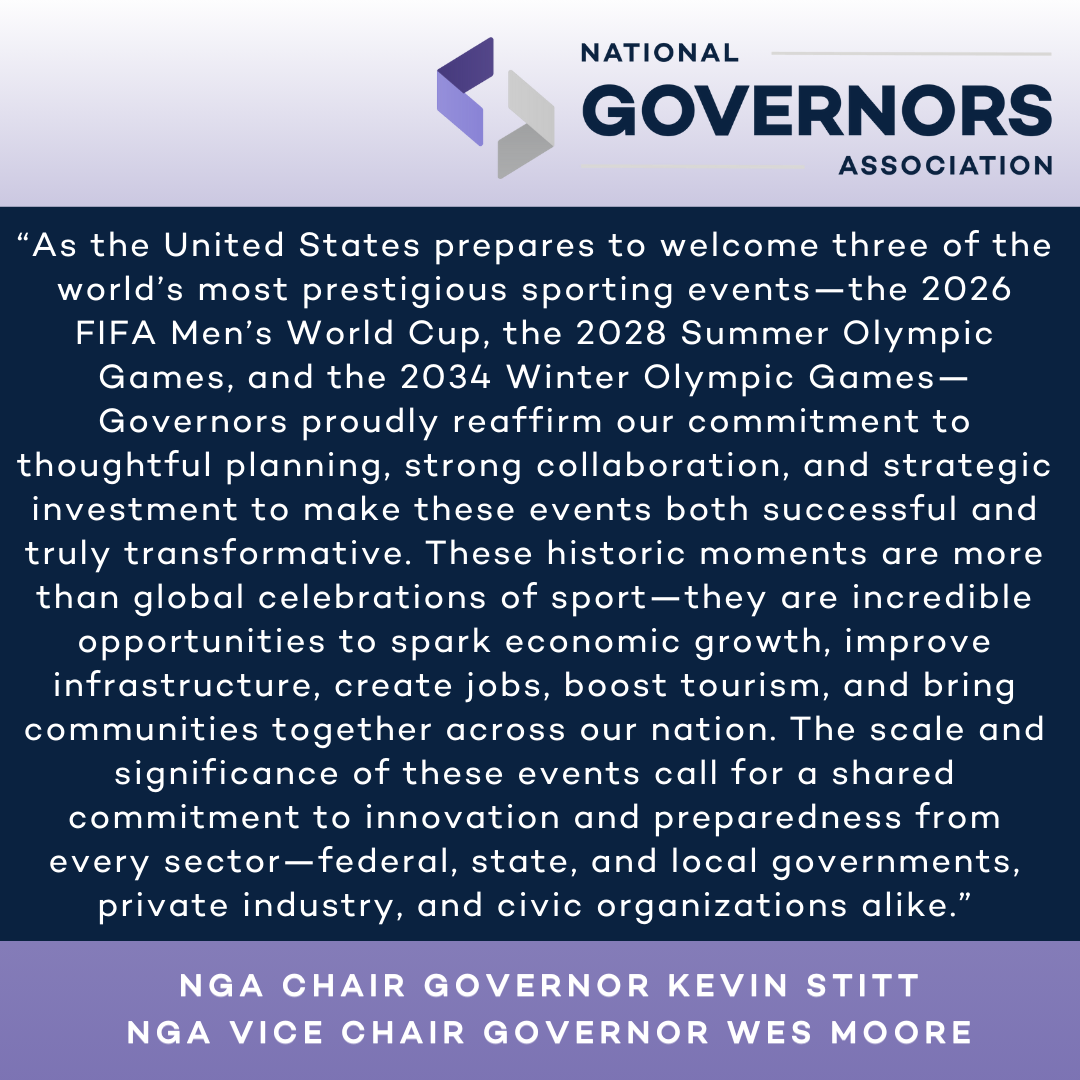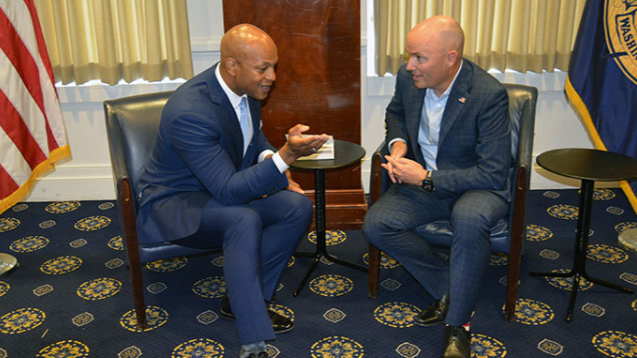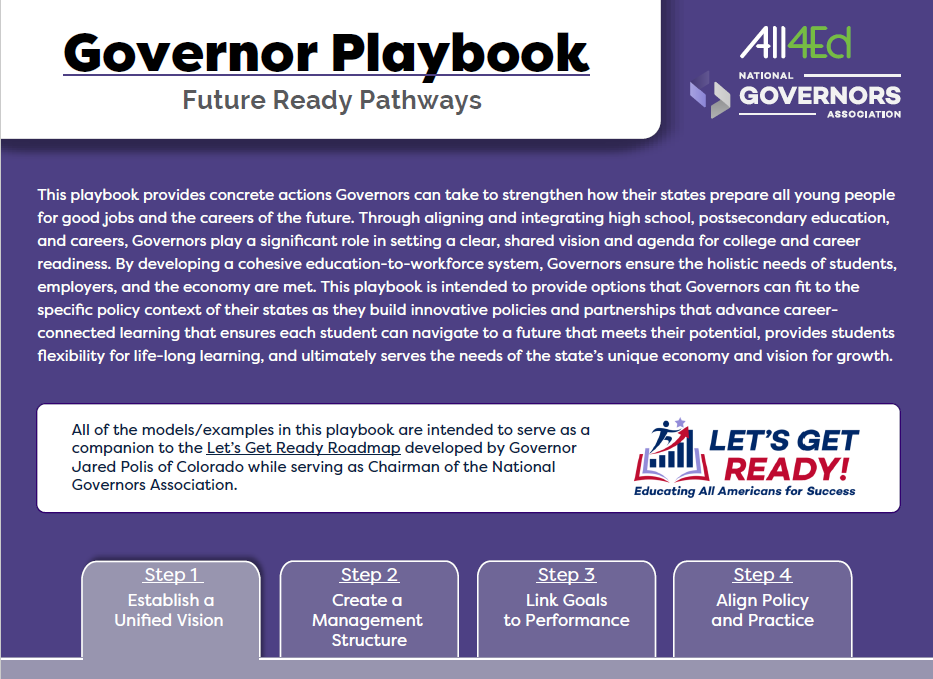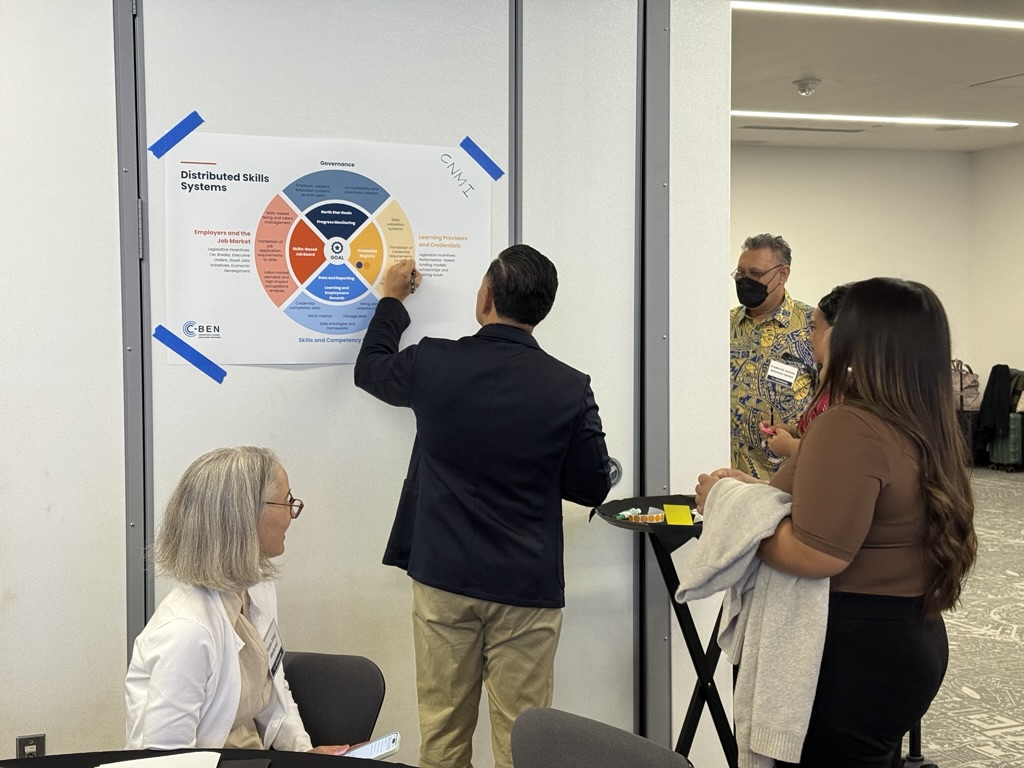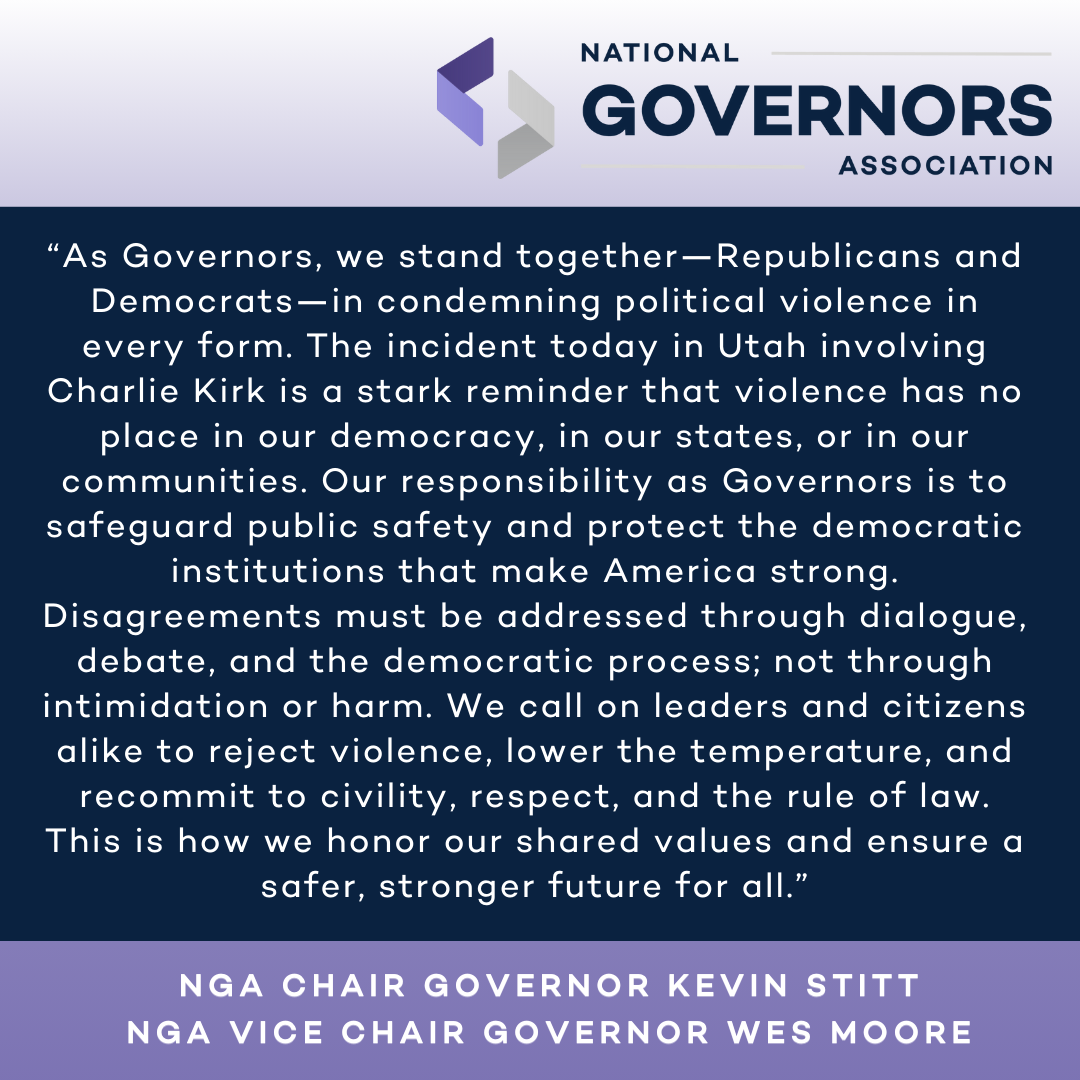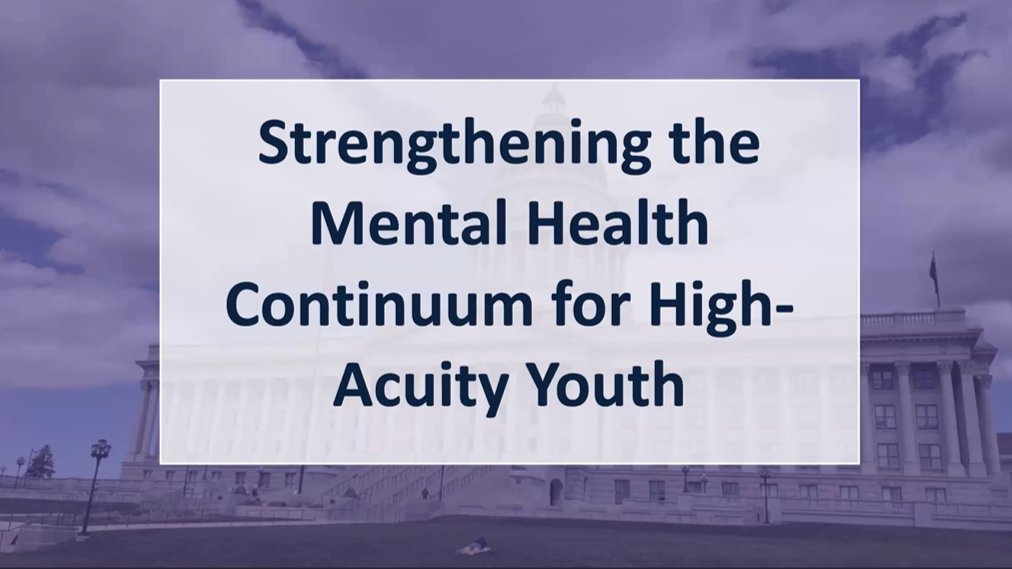“Be curious before deciding to be furious.”
Delivering a keynote address at the Nashville Disagree Better convening, Moral Courage Network’s Founder and CEO Irshad Manji summed up the message at the heart of Utah Governor Spencer Cox’s NGA Chair’s Initiative.
Through its Moral Courage College, the Network provides programming in workplace, K-12 and higher education settings designed to “teach people to turn contentious issues into constructive conversations and healthy teamwork.”
Building the skills to disagree better is all about practice, Manji emphasized. Through its workshops, conversation exercises and even a mobile game for teens, Moral Courage College aims to change Americans’ habits.
“We actually agree more than we think we do on issues we are told are polarizing,” Manji explained. “What we’re divided about is each other. And because we’re divided, we don’t engage each other in meaningful ways.”
Engaging meaningfully doesn’t mean ignoring disagreements, Manji said. But it does require listening. By embracing a spirit of curiosity when engaging an “Other” who disagrees with you, your conversation will not only be more calm, it can also be more productive. “Communication isn’t just what we do with our mouths,” Manji continued. “It’’s what we do with our ears as well. It’s not about merely being nice, or even merely being civil. It’s about motivating your ‘Other’ to hear you out because you have gone first in hearing them out.”
Moral courage also doesn’t mean giving up your principles. It’s simply a communication shift from “either/or” to “both/and.”
“Stand your ground by all means,” Manji concluded. “And create common ground at the same time. It sounds like a contradiction, but it’s not. Standing your ground is about what you value; creating common ground is about how you express what you value.”
In a second keynote address, Eric Liu, CEO and Co-founder of Citizen University, explored similar themes.
“The point here is not to avoid argument,” Liu said. “It is to have less stupid arguments.”
Citizen University’s work “is about fostering a culture of powerful, responsible citizenship.” And “culture” is the key word, Liu underlined. “This is not fundamentally about policy and legislation,” he explained. “This is fundamentally about culture – about the norms, narratives, habits, values, mindsets and heartsets, that we bring every day to the ways that we choose to answer a very simple American question: How shall we live together?”
True to America’s founding, Citizen University’s work include fostering a culture of argument.
“America is an argument, properly understood,” Liu explained. “From the very beginning, the idea of America was a tension waiting to explode into a conflict … We’re trying to do something that is remarkable, audacious, and has not yet been done in human history, and that is to create the planet’s first mass, multiracial, democratic republic that lasts.”
Citizen University offers a number of programs and gatherings designed to strengthen civic culture. One is Civic Saturday Fellowship, which Lie describes as “essentially a civic equivalent to a faith gathering.”
Another Citizen University program is Civic Collaboratory. These gatherings serve as “solutions incubators,” at which community members share their projects and initiatives and gain commitments of support. “What this simple format does is, it reminds us that it’s possible to find common purpose,” Liu stated. “Not by sitting down and talking about how you and I are so different from each other, but by getting us together for you and I to work on a third thing together – to build that muscle of mutual aid, to build that muscle of reciprocity, to build that muscle of common purpose.”
“How shall we live together?” Liu summarized. “The answer is: We’re going to live like grown-up Americans.”



